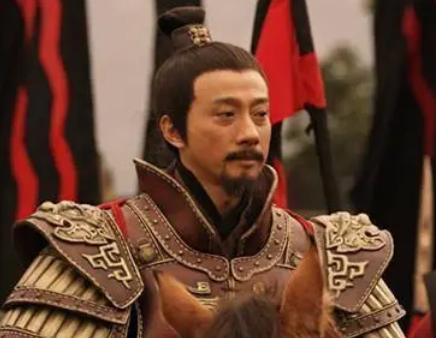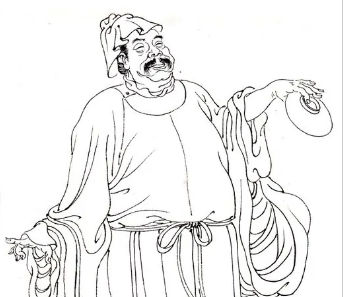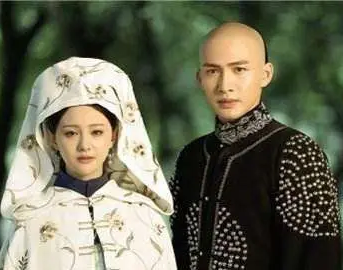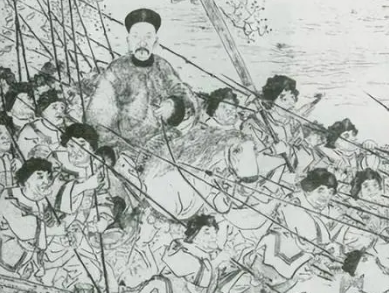The Story of Qu Yuan and the Dragon Boat Festival Zongzi: A Preview of Wen Yiduo's Perspective! In Chinese traditional culture, the Dragon Boat Festival is an important holiday, and the story of Qu Yuan and the Dragon Boat Festival Zongzi is widely circulated. This article will focus on this story, combined with Wen Yiduo's perspective, to explore its historical background, legendary stories, origins, and Wen Yiduo's research findings.

Qu Yuan was a famous politician, litterateur, and patriot in Chinese history. He lived during the Warring States period, when the political corruption of the Chu Kingdom led to widespread suffering among the people. Deeply concerned, Qu Yuan repeatedly petitioned the King of Chu to reform, but he was framed and ultimately drowned himself in the Miluo River. Qu Yuan's death became a symbol of the Chu people's resistance against tyranny, and he was revered as the "patriotic poet".
The Dragon Boat Festival is a day to commemorate Qu Yuan. According to legend, Qu Yuan's favorite food before his death was zongzi, so people eat zongzi on the Dragon Boat Festival to remember him. The method of making zongzi is also related to Qu Yuan. It is said that after Qu Yuan was exiled, his daughter missed him very much, so she wrapped glutinous rice and red dates in reed leaves to make a special food to comfort her father's homesickness. This food was called "zongzi" and gradually evolved into a traditional festival food.
Wen Yiduo was a famous modern Chinese scholar, poet, and democratic warrior. He has unique insights into the Dragon Boat Festival and zongzi. He believes that the story of Qu Yuan and the Dragon Boat Festival Zongzi reflects the political, cultural, and social realities of ancient China. In his view, the Dragon Boat Festival and zongzi are not only a way to commemorate Qu Yuan, but also a way to inherit and promote traditional Chinese culture.
Wen Yiduo pointed out that zongzi had a very important status in ancient China. He believes that the production process of zongzi implies "unity and harmony", reflecting the pursuit of a harmonious society by the ancient Chinese people. In addition, the evolution of zongzi in different regions also reflects the diversity of ancient Chinese culture. For example, zongzi in southern regions tend to be sweet, while zongzi in northern regions tend to be more salty.
Wen Yiduo also interpreted the story of Qu Yuan and the Dragon Boat Festival Zongzi from multiple perspectives, including politics, society, and culture. He believes that Qu Yuan's death was due to his loyalty to the Chu Kingdom and his care for the people, reflecting the values of ancient Chinese loyalty and filial piety culture. People commemorate Qu Yuan by eating zongzi, which shows their emphasis on patriotic spirit and family sentiment.
In general, the story of Qu Yuan and the Dragon Boat Festival Zongzi is a legend full of emotional color and cultural connotation. It not only reflects the political, cultural, and social realities of ancient China, but also embodies the Chinese people's pursuit of patriotic spirit, family sentiment, and harmonious society. Wen Yiduo's research and analysis of this story provide important ideas and inspiration for us to deeply understand traditional Chinese culture and values.
In modern society, the Dragon Boat Festival and zongzi have become an important traditional holiday. People eat zongzi, race dragon boats, and hang mugwort on the Dragon Boat Festival to commemorate Qu Yuan, inherit culture, and promote patriotic spirit. Zongzi has also become a part of Chinese food culture, attracting more and more people's love and attention.
In conclusion, the story of Qu Yuan and the Dragon Boat Festival Zongzi is a story with deep connotations. It is not only a way to commemorate Qu Yuan, but also a way to inherit and promote traditional Chinese culture. By understanding the historical background, legendary stories, origins, and Wen Yiduo's research findings of this story, we can better understand traditional Chinese culture and values, and better inherit and promote excellent traditional Chinese culture.
Disclaimer: The above content is sourced from the internet and the copyright belongs to the original author. If there is any infringement of your original copyright, please inform us and we will delete the relevant content as soon as possible.
































